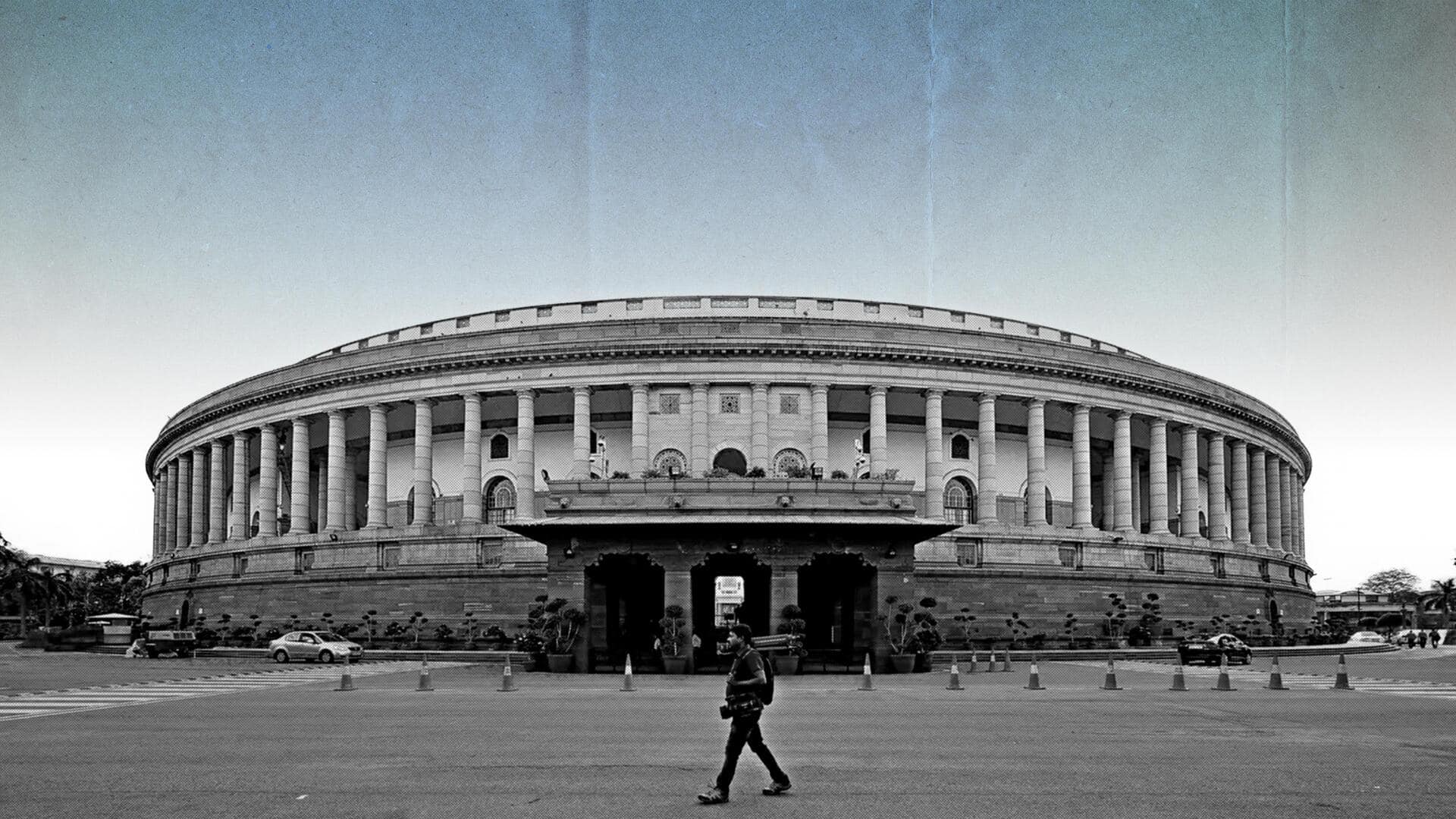
Parliament special session: What's on the agenda
What's the story
The government's announcement of a special session of Parliament from September 18 to 22 on Thursday has left everyone guessing the session's agenda amid speculations of early Lok Sabha elections.
Reports predict the session will include discussions on key bills regarding "One Nation, One Election," the Uniform Civil Code (UCC), and women's reservation.
This move has left political circles abuzz with theories and predictions about the government's motives and the potential impact of these bills on India's political landscape.
Context
Why does this story matter?
The development comes on the heels of the recently concluded Monsoon Session of Parliament, held from July 20 to August 11.
The announcement also coincided with the opposition alliance, the Indian National Developmental Inclusive Alliance (INDIA), meeting in Mumbai to chalk out their strategy to take on the ruling Bharatiya Janata Party (BJP) in the 2024 Lok Sabha elections.
It has also fanned the speculations of the already apprehensive opposition about the government hastening the polls.
Details
BJP struggling with inflation, MP and Chhattisgarh polls
While the government has not provided any clarity on the special session's agenda, it is expected to see discussions on the aforementioned bills along with the approval of a special resolution on India's presidency in the G20.
The BJP government's current term is scheduled to end in May 2024.
However, rising inflation and unfavorable opinion polls from Chhattisgarh and Madhya Pradesh, set for assembly polls this year, are giving the ruling party a headache amid the opposition quarters banding together.
Insights
What are the bills about?
"One Nation, One Election" refers to the idea of simultaneously holding the Lok Sabha polls and state Assembly elections together, in contrast to the existing arrangement, which results in two election cycles every year.
The UCC aims to replace religion-based personal laws, customs, and traditions with one uniform law for everyone, irrespective of religion, caste, creed, sexual orientation, and gender.
The women's reservation bill seeks to reserve 33% of seats in the Lok Sabha and state legislative assemblies for women.
Facts
What impact can the bills have?
If passed, the proposed bills such as "One Nation, One Election," Uniform Civil Code, and women's reservation could have a significant impact on India's political landscape and election process.
"One Nation, One Election" may reduce election-related expenses and ensure better governance by avoiding frequent disruptions caused by elections.
The UCC has the potential to promote gender equality and secularism. The women's reservation bill could empower women by providing them with greater representation in the political sphere.